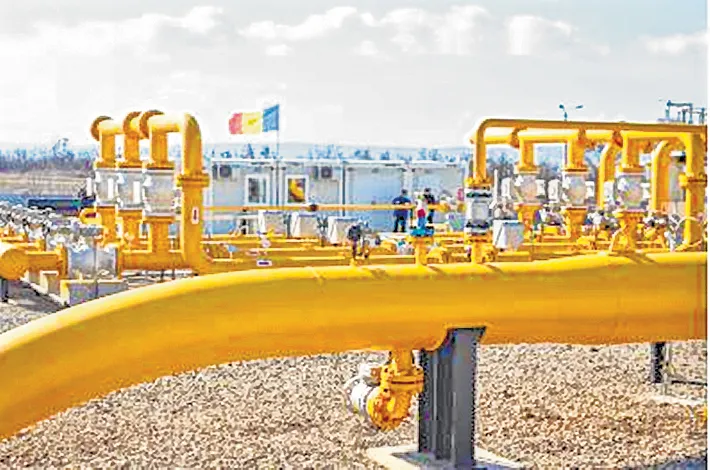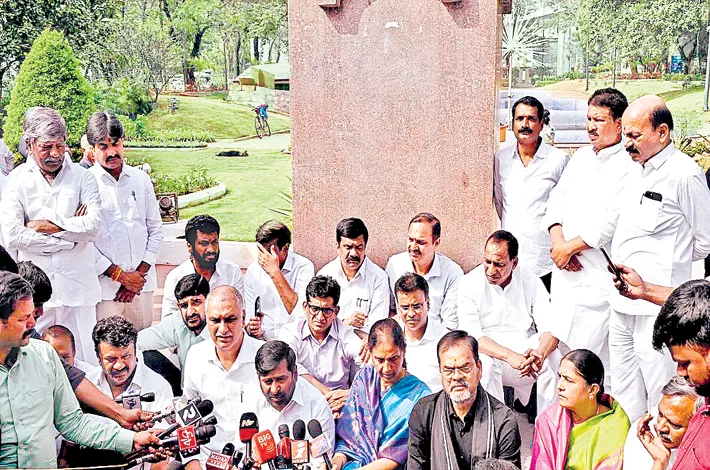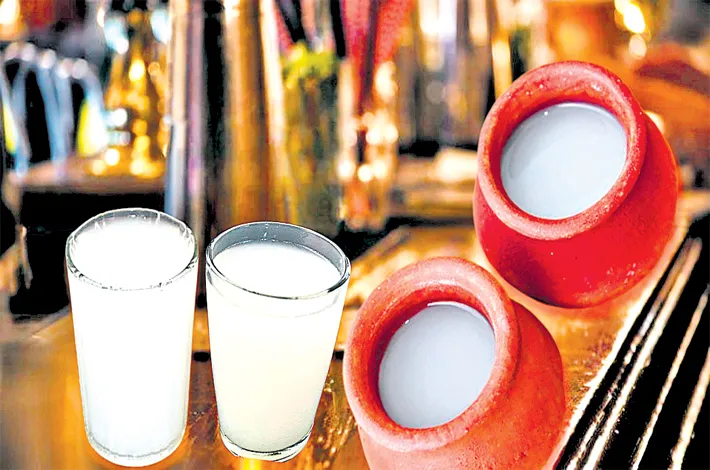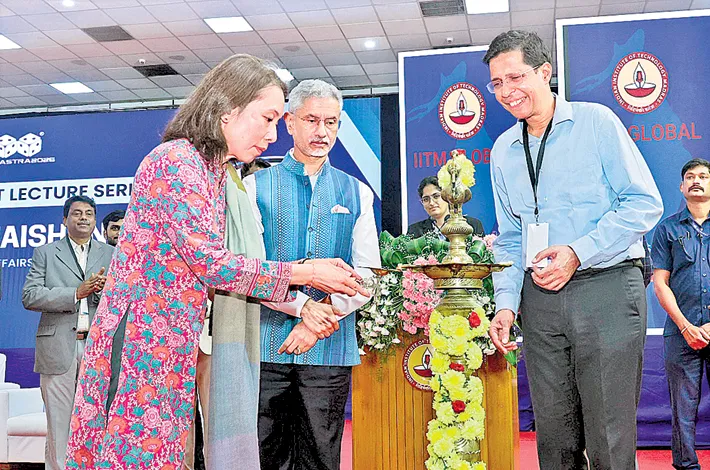Russian gas to EU stops
02-01-2025 12:00:00 AM

Impact of war | Ukraine halts transit as pre-war deal expires; Zelenskyy says will not allow Moscow to earn ‘additional billions ... on our blood’
Ukraine on Wednesday halted Russian gas supplies to European customers that pass through the country, almost three years into Moscow’s all-out invasion of its neighbour, after a prewar transit deal expired on December 31.
Russian company Gazprom confirmed that gas exports via Ukraine to Europe stopped from 08:00 local time on Wednesday.
At a summit in Brussels last month, Ukrainian President Volodymyr Zelenskyy vowed that Kyiv would not allow Moscow to use the transits to earn “additional billions ... on our blood, on the lives of our citizens”.But he briefly held open the possibility of the gas flows continuing if payments to Russia were withheld until the war ends.
Ukraine’s energy minister, Herman Halushchenko, confirmed on Wednesday morning that Kyiv had stopped the transit “in the interest of national security.”
“This is a historic event. Russia is losing markets and will incur financial losses. Europe has already decided to phase out Russian gas, and (this) aligns with what Ukraine has done today,” Halushchenko said in an update on the Telegram messaging app.
Even as Russian troops and tanks moved into Ukraine in 2022, Russian natural gas kept flowing through the country’s pipeline network — set up when Ukraine and Russia were both part of the Soviet Union — to Europe, under a five-year agreement. Gazprom earned money from the gas and Ukraine collected transit fees.
Before the war, Russia supplied nearly 40% of the European Union’s pipeline natural gas. Gas flowed through four pipeline systems, one under the Baltic Sea, one through Belarus and Poland, one through Ukraine and one under the Black Sea through Turkey to Bulgaria.
After the war started, Russia cut off most supplies through the Baltic and Belarus-Poland pipelines, citing disputes over payment in rubles. The Baltic pipeline was blown up in an act of sabotage, but details of the attack remain murky.
The Russian cutoff caused an energy crisis in Europe. Germany had to shell out billions of euros to set up floating terminals to import liquefied natural gas that comes by ship, not by pipeline. Users cut back as prices soared. Norway and the US filled the gap, becoming the two largest suppliers.
The European Commission said the continent's gas system was "resilient and flexible" and that it could cope with the change. Europe has outlined plans to completely eliminate Russian gas imports by 2027.
Russia can still send gas to Hungary, Turkey and Serbia through the TurkStream pipeline across the Black Sea.
The Ukrainian transit route served EU members, Austria and Slovakia.
Gazprom halted supplies to Austria’s OMV in mid-November over a contractual dispute. Slovakia this year inked deals to begin buying natural gas from Azerbaijan, and also to import US liquefied natural gas through a pipeline from Poland.
Among the hardest-hit will be EU candidate country Moldova, which was receiving Russian gas via Ukraine.
Separately from Kyiv’s decision to let the transit deal expire, Gazprom said last month it will halt gas supplies to Moldova starting on January 1, citing unpaid debt. Gazprom has said Moldova owes close to $709 million for past gas supplies, a figure the country has fiercely disputed, citing international audits.
Moldova, Ukraine and EU politicians have repeatedly accused Moscow of weaponizing energy supplies.








